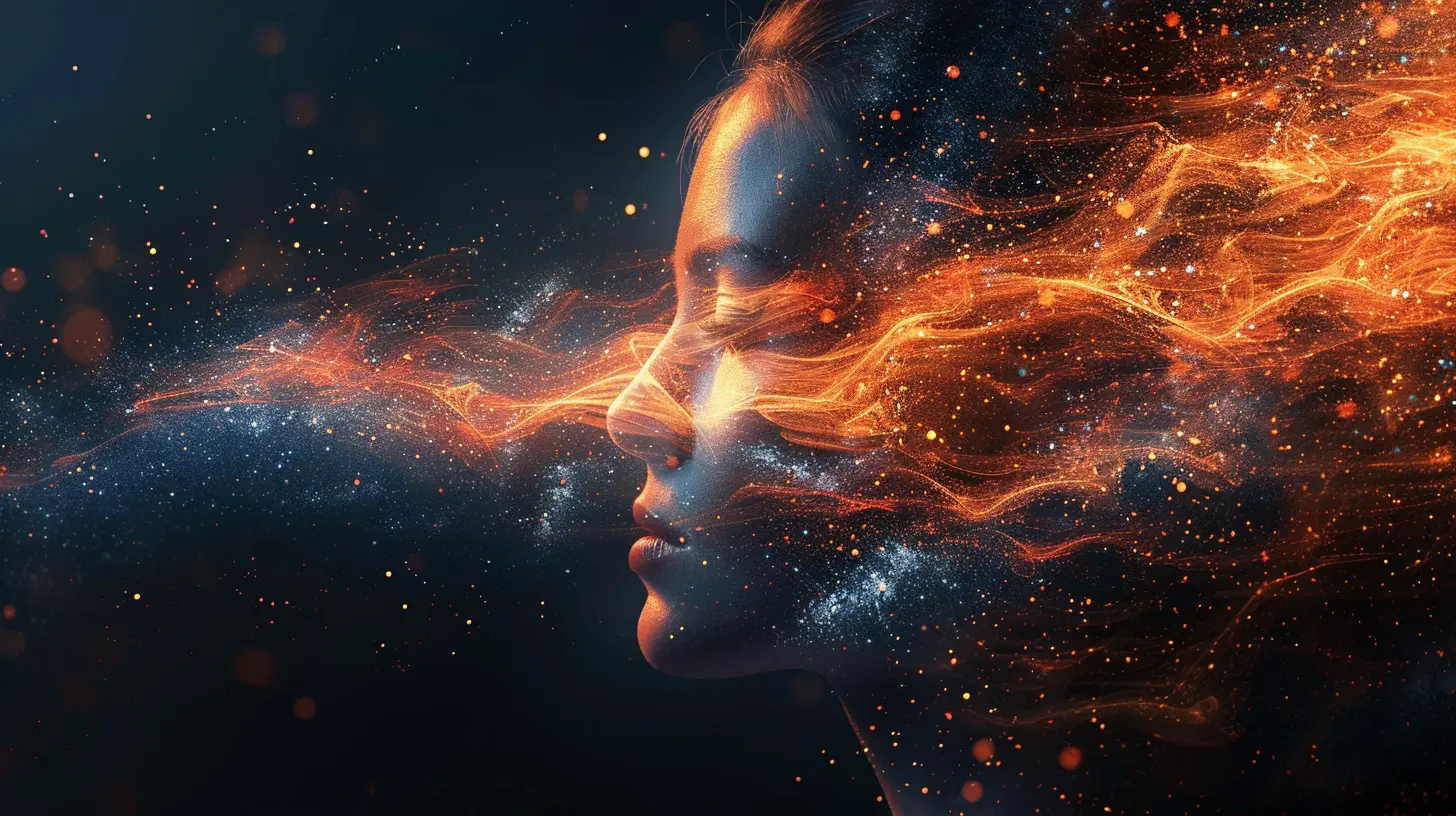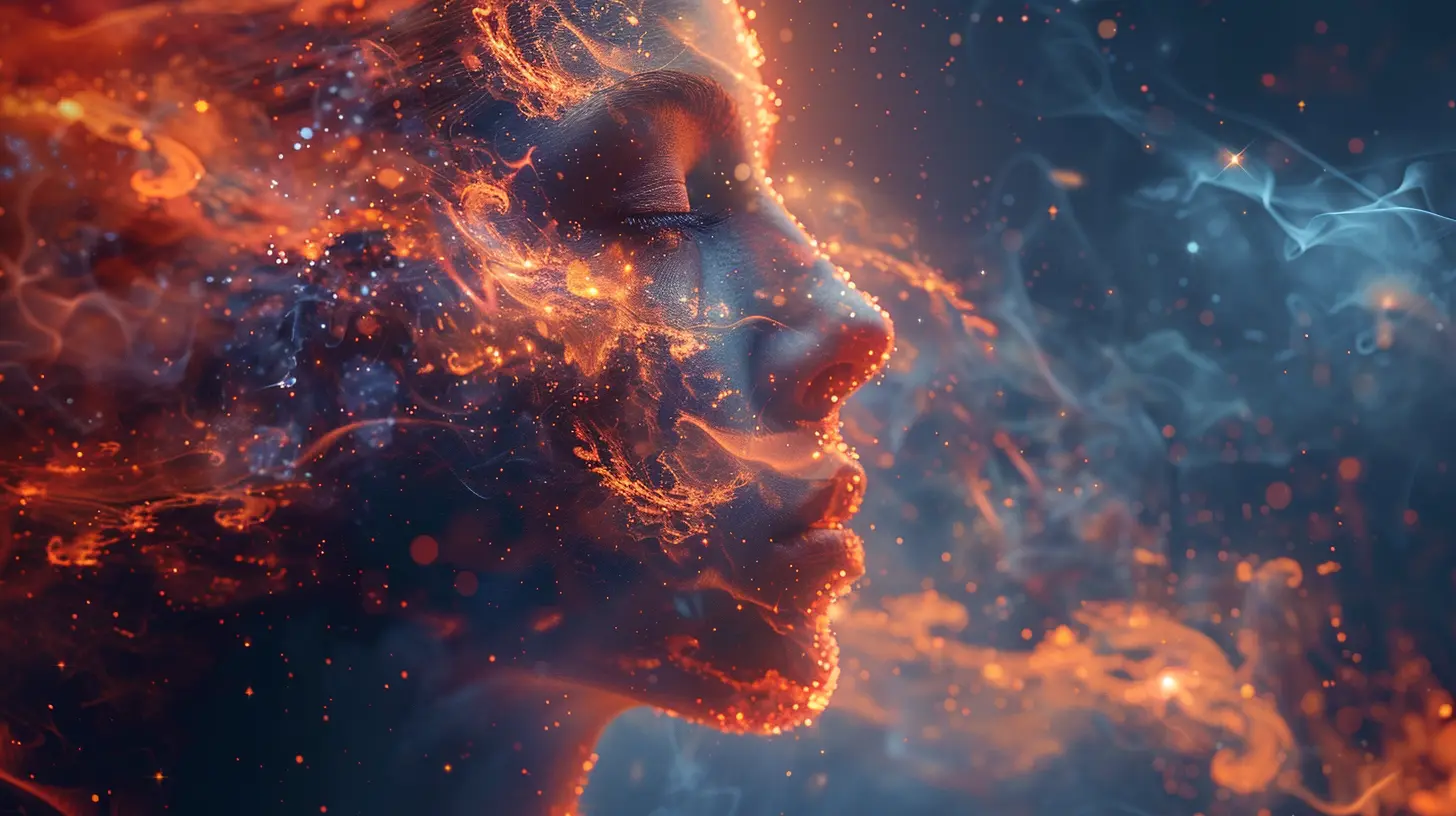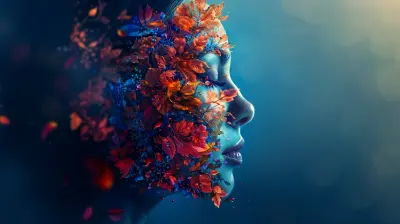The Theory of Flow: What It Means to Be ‘In the Zone’
2 November 2025
Ever had one of those moments when time just slips away? You're so locked into what you're doing that everything else just fades out — no distractions, no boredom, no worries. That, my friend, is the magic of being "in the zone." Psychologists have a fancy name for it: Flow. It’s not just a buzzword; it's a real psychological state that has fascinated researchers, athletes, artists, and everyday folks alike.
Let’s unpack what flow really is, why it feels amazing, and how you can tap into it more often in your own life.
What Is Flow?
Flow is a mental state where you're completely immersed in an activity — to the point where you lose track of time, self-doubt vanishes, and everything just… clicks.The term was first coined by Mihaly Csikszentmihalyi (yeah, we can call him “Dr. C” for short). He described flow as “being completely involved in an activity for its own sake.” Think of it like mental autopilot — but in the best way possible.
Have you ever:
- Written for hours without checking the clock?
- Gotten lost in a workout?
- Coded through the night without noticing the sun rise?
That’s flow.
The Characteristics of Flow
Flow isn’t just a random feeling. It has some pretty clear signs. Here are the main elements that make up the flow experience:1. Intense Focus
You’re not just paying attention — you ARE the attention. The outside world fades away and you’re locked in.2. Merging of Action and Awareness
You stop thinking about what you’re doing and just do. Kind of like muscle memory on steroids.3. Loss of Self-Consciousness
Forget feeling awkward or second-guessing yourself. You’re too busy creating or doing to care what others think.4. Distorted Sense of Time
Minutes can feel like seconds… or stretch into hours. You only realize how long you’ve been at it after it’s over.5. Effortlessness
Even though you’re working hard, it doesn’t feel like it. Everything flows smoothly (pun intended).6. Intrinsic Motivation
You’re doing it because you love it, not for the reward or praise.
What Activities Trigger Flow?
Flow isn’t reserved for Olympic athletes or musical geniuses. You can feel it doing anything — as long as the conditions are right.Some of the most flow-inducing activities include:
- Playing sports
- Writing or painting
- Playing music
- Solving complex problems
- Coding
- Gaming
- Yoga or meditation
- Cooking (yes, really)
Even washing dishes can put you in flow if you’re present enough.
The Sweet Spot: Skill vs. Challenge
One of the biggest secrets to finding flow? Balancing your skill level with the difficulty of the task.Imagine three zones:
- Too easy = boredom
- Too hard = anxiety
- Just right = FLOW
It’s like Goldilocks for your brain. You need a challenge that stretches you — but doesn’t snap you. When what you're doing perfectly matches what you're capable of, it's game on.
Why Is Flow So Powerful?
Flow isn’t just a feel-good state — it actually boosts your performance, happiness, and even your sense of purpose.Boosts Productivity
People in flow can get more done in less time. It's hyperfocus, high performance, and creative thinking all rolled into one.Sparks Creativity
Flow shuts down overthinking and lights up the part of your brain that connects ideas in new ways.Reduces Stress
You’re not worrying about the past or the future. You're fully grounded in the now.Increases Life Satisfaction
Those who experience flow regularly tend to feel more fulfilled. It makes life richer and more meaningful.Barriers That Kill Flow
Let’s be honest — getting into flow isn’t always easy. There are plenty of flow-killers out there.Here are a few common ones:
- Constant interruptions (hello, notifications)
- Multitasking (spoiler: it doesn’t work)
- Lack of clear goals
- Low motivation
- Overwhelm or burnout
Your environment and mindset matter. Big time.
How to Hack Flow State
So, how do we get more of this unicorn-like focus and fulfillment? Good news — you don’t have to wait for it to magically show up. Here's how to coax it out.1. Choose the Right Task
Pick something that challenges you, but doesn’t stress you out. Stretch yourself—but not too much.2. Set Clear Goals
Know what you're trying to accomplish before you start. Vague tasks = vague focus.3. Remove Distractions
Put your phone on airplane mode. Silence notifications. Close unnecessary tabs. You get the idea.4. Time It Right
Work when your mental energy is highest. For many people, that’s mid-morning or after a workout.5. Use the Pomodoro Technique
Try 25 minutes of pure focus, then take a short break. Rinse and repeat. It trains your brain to enter flow faster.6. Practice Mindfulness
Flow and mindfulness are like cousins. The more you practice being present, the easier it gets to enter the zone.Flow and the Workplace
Let’s talk work. Imagine if you could get into flow at your 9-to-5. No more watching the clock or dragging through tasks.Companies that foster flow-friendly environments see:
- Higher employee satisfaction
- Better results
- Less burnout
Simple changes like giving people autonomy, reducing micromanagement, and encouraging creativity can go a long way.
So if you’re a boss — take notes. And if you’re an employee? Advocate for some flow-friendly adjustments.
Flow in Sports and Physical Performance
Ever heard an athlete say they're "in the zone"? That’s textbook flow. Their body and mind sync up, and their best performances happen naturally.In fact, flow is considered a secret weapon among elite athletes. When you’re not overthinking every move, you perform with fluidity, reaction speed, and confidence.
Want to get there? Focus on presence over perfection.
Flow and Creativity
Writers call it a “writing trance.” Artists talk about “getting lost in the canvas.” Whatever the medium, flow turns creativity into something almost magical.With practice, you can train creative flow just like any other skill. Start by:
- Creating in a distraction-free zone
- Building routines that trigger your focus
- Allowing yourself to make mistakes without judgment
Perfection is the enemy of flow.
Can You Live In Flow?
Is it possible to be in flow all the time?Short answer: no. Even Mihaly Csikszentmihalyi said flow moments are fleeting. But here's the deal — the more you recognize the conditions that spark flow, the easier it gets to dip into it, again and again.
Think of it like surfing. You can’t control the waves, but you can learn how to catch them.
Kids and Flow: The Natural Experts
Watch a child building Legos or drawing for hours. That’s raw, unfiltered flow. Kids are experts at it because they don’t judge themselves or try too hard — they just do.The good news? That ability never disappears. You’ve still got it. You just need to give yourself permission to play again.
Final Thoughts: Flow Is Your Superpower
Flow isn’t just for artists or athletes. It’s a human experience — and one of the most powerful ones you can have. When you're in flow, you’re operating at your best: sharp, creative, energized, and fulfilled.So whether you're working, playing, writing, or cooking dinner — seek out those moments when time stands still and everything just works.
Because being “in the zone” isn’t just about doing more — it’s about being fully alive.
all images in this post were generated using AI tools
Category:
Psychological TheoriesAuthor:

Paulina Sanders
Discussion
rate this article
1 comments
Harvey Meyers
I find the concept of flow fascinating! It's intriguing how being fully immersed in an activity can enhance performance and satisfaction. What specific conditions help people achieve this state? Are there particular activities more likely to induce flow? I’d love to hear more about practical ways to cultivate this experience in daily life!
November 17, 2025 at 5:49 AM

Paulina Sanders
Thank you for your interest! Key conditions for achieving flow include clear goals, immediate feedback, and a balance between challenge and skill. Activities like sports, art, and even coding often induce flow. To cultivate it in daily life, set specific challenges, minimize distractions, and engage in tasks that you’re passionate about.


